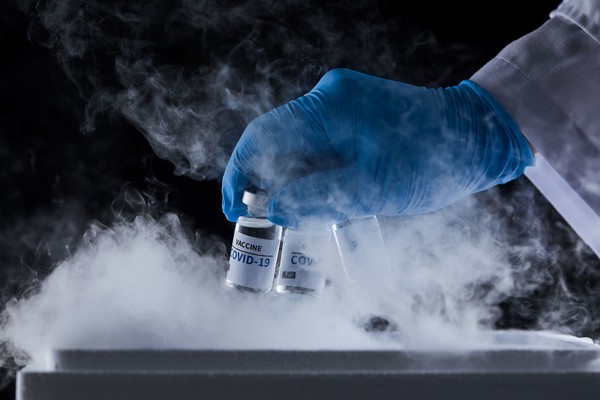Korea has yet to reach a 70 percent vaccination rate to form herd immunity, but some vaccines are being thrown away because of inadequate storage and management, experts said.
“Since the government began giving Covid-19 shots to people, 8,886 doses in 976 vials had been discarded on 201 occasions until July 26, and 86.3 percent of them were dumped due to ‘temperature excursion,’” Rep. Shin Hyun-young of the ruling Democratic Party, a former doctor who turned to a lawmaker, said.

The National Assembly Research Service (NARS) also pointed out that the nation lacks sufficient management and supervision despite regulations and guidelines for storing and transporting Covid-19 vaccines. Furthermore, NARS added that even though the quality management standards for pharmaceuticals are mandatory, follow-up management is not performed properly.
In contrast to the Korean situation where temperature excursion emerged as the biggest cause for discarding Covid-19 vaccines, global logistics companies have shown proactive development in the cold chain industry amid the pandemic.
The Korea Maritime Institute (KMI) recently said that global logistics companies, such as DHL and UPS, have been preemptively developing their cold chain business by preparing measures for moving drugs in the early stages of the Covid-19 pandemic and establishing a cooperative system.
The institute also stressed that advancing into the global cold-chain market requires investment by domestic logistics companies and governmental support for small and medium-sized logistics companies in building the infrastructure and expanding networks to enter the global cold-chain market.
“There are no regulations on the storage and handling of vaccines at medical institutions where they give the shots to the public,” KMI pointed out.
According to the U.S. Centers for Disease Control and Prevention, manufacturers, distributors, public health practitioners, and healthcare providers are responsible for maintaining a cold-chain system from when a vaccine until administered to people. It also requires vaccines to be stored and handled by vaccine experts, which require training.
One of the leading global logistics companies, DHL, has developed a dedicated Covid-19 service through more than 50 collaborations in the pharmaceutical and public sector and has distributed more than 200 million doses to 120 countries worldwide.
“All sectors, industries, and nations must work together to end the acute phase of this pandemic successfully,” DHL CCO Katja Busch said. “Forming strong partnerships and leveraging data analytics will be the key.”
A NARS official said, “The country needs to provide tighter compliance with suppliers, including facility standards for vaccine loading, training for vaccine carriers, and standard for delivering vehicles.”
The official added that the management and supervision of compliance and regulations on the transportation of vaccines should be strengthened.

